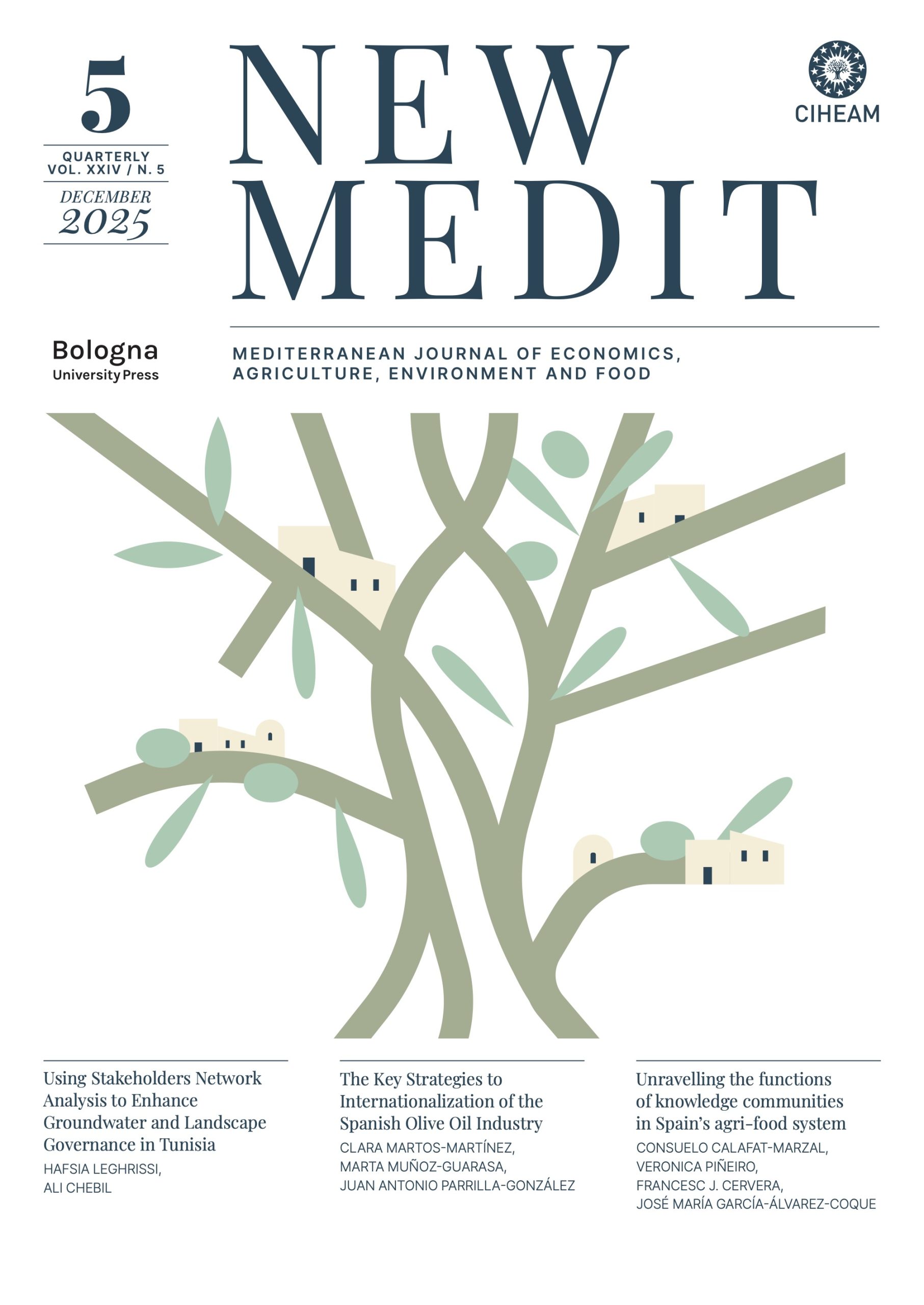In Tunisia, rising costs, low productivity, and climate change have reduced cattle numbers in the last decade. This study evaluates the sustainability of small dairy cattle farms in northeastern Tunisia and explores pathways for improvement. A sustainability assessment was conducted on 109 dairy farms in Bizerte, using IDEA method to evaluate agroecological, socioterritorial, and economic dimensions. At the regional level, sustainability was highest in agroecology, moderate in economics, and lowest in socioterritorial aspects. Cluster analysis identified four groups. The first supports employment and resource use but struggles with organic farming and waste management. The second practices agroforestry with moderate biodiversity but faces economic challenges. The third excels in biodiversity and manure management. The fourth benefits from diversification and self-sufficiency, enhancing performance. For long-term sustainability, the dairy sector must adopt resilient systems with mixed forage crops, improve funding and subsidies, and invest in infrastructure, training, and cooperatives to boost productivity, reduce environmental impact, and integrate farmers into the value chain.











